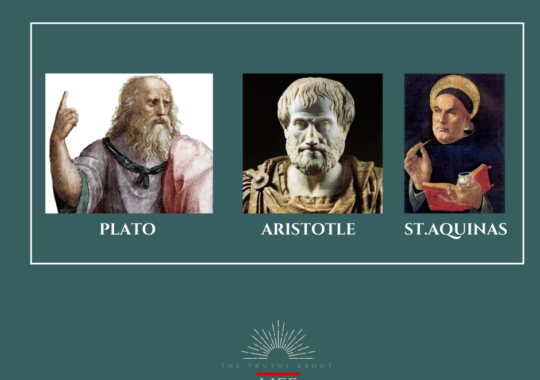Police officers in Mexico constantly accept bribes, as their salaries are known to be very low. The procedure in Mexico City for getting and paying off a parking ticket is different from that in other countries. If you are stopped for speeding or other traffic violations, the police officer will expect a bribe or mordida, only then will he let you go. This problem seems to be so deep-rooted that it seems normal for everyone involved – drivers and police officers.

The whole process can be seen as beneficial to the government because this way they do not have to hire administrative staff to process all these tickets, then deposit the money into the city’s official account and then return it to the administrative staff who would have to redistribute the money. The official way could cost the government more than the current system where they do not have to hire all the administrative staff to process the tickets.
If you take any country in the EU that is well regulated as a comparison, the procedures for similar cases are quite strict. In many cases, if you get a ticket for traffic violations and do not pay it, you are not only punished with interest, but also with the performance of public works or even with a prison sentence. If you offer a bribe to a police officer, you will in most cases receive another fine for bribery and may even have to defend yourself before a judge.
Notwithstanding this strict procedure in other countries, there are still many cases of bribery that are uncovered and made public. This only goes to show that even formal procedures are so often violated by bribery regulations that we question them in the first place.
The argument of cultural relativism is that each community or culture defines its own moral norms, which corresponds to its way of thinking that originates from its natural environment.
I can understand this argument for the simple reason Different cultures have had different traditions in the past as well, in accordance with the natural environment in which they lived. If I consider Islam as a religion, for example, most Islamic people lived most of the time in the “hot” regions of the world, where they had to act accordingly. Man and woman wore long robes that protected them from hot sun and sandstorms. They did not eat pork, as pork is known to be the most perishable meat, especially in the hot environment.
We, who live on the completely opposite side of the world, had no reason to wear such cloths to worry so much about whether the flesh would spoil very quickly or not. But we had other worries. For long and cold winters we have to build the houses that can withstand these conditions.
My point is that different cultures can live in completely different geographical positions in the world, so that they develop completely different traditions, but both traditions correspond to the respective environment so that they can survive. That is why I believe in the arguments of cultural relativism.





